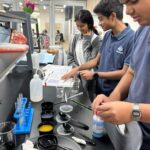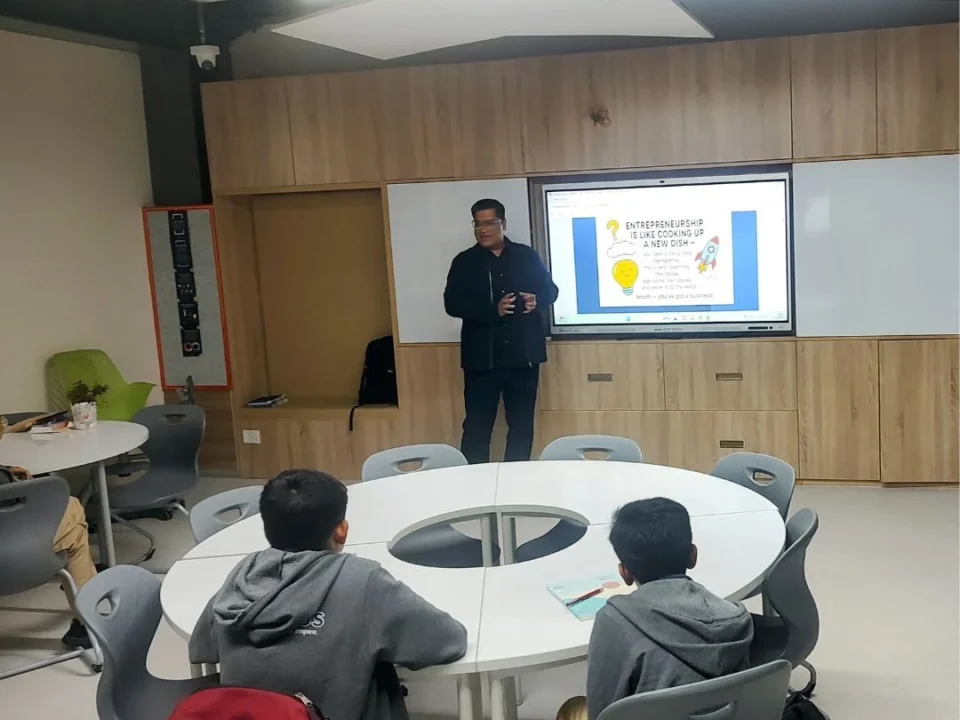
Celebrating Varunika’s Outstanding Achievement at XANADU 2023
30th October 2023
Exploring the Wonders of Osmosis and Diffusion
1st November 2023Our diet is comprised of diverse biological molecules that fuel our bodies and support essential functions. These molecules provide energy and contribute to growth, repair, and cellular processes. Carbohydrates and fats consist of carbon, hydrogen, and oxygen, while proteins contain nitrogen as well.
Carbohydrates offer energy, with simple sugars like glucose providing a quick energy boost, while complex carbohydrates found in foods like rice and pasta release energy gradually. Cellulose, starch, and glycogen are complex carbohydrates with distinct roles in human digestion and energy storage.
Fats, comprising fatty acids and glycerol, serve as an energy reservoir, offering twice the energy of carbohydrates and proteins. High-fat foods include cheese and oils. Proteins, built from amino acid chains, support cell growth, repair, and can serve as an energy source when other reserves are low.
In the realm of biology, students conduct tests to identify these essential molecules using specific reagents, allowing for the detection of glucose, starch, protein, and lipids within various food items. Understanding these biological molecules and their functions is pivotal in appreciating the intricacies of human nutrition and health.











